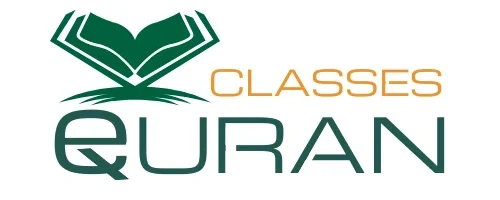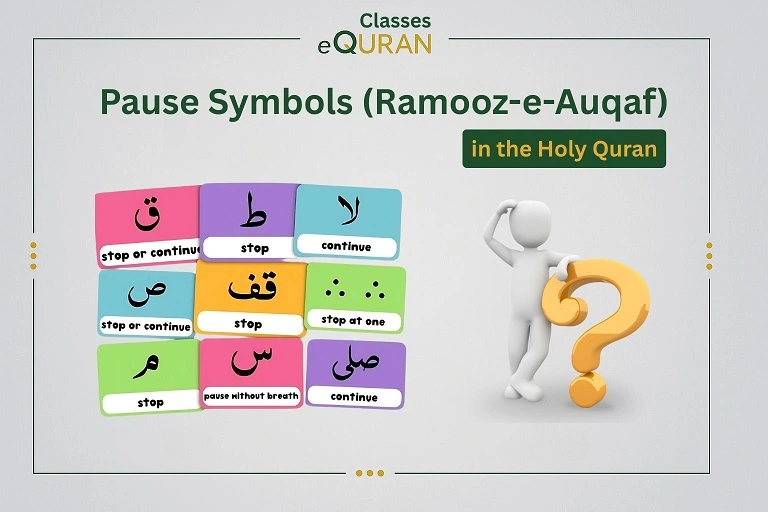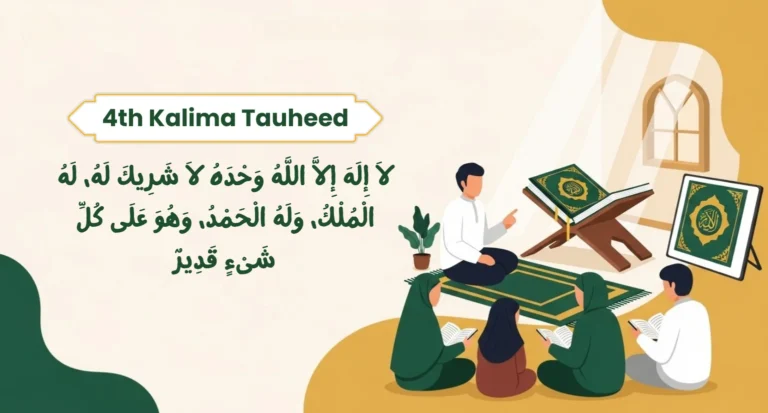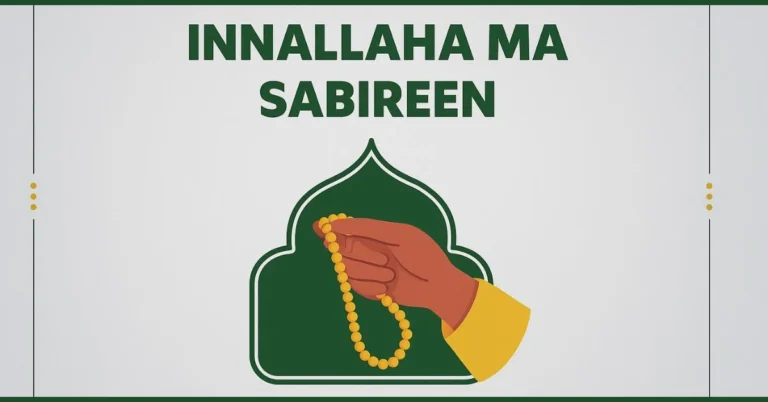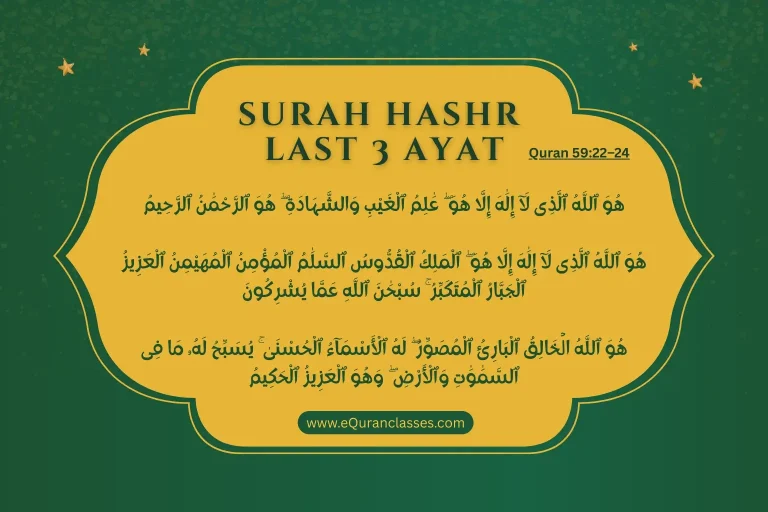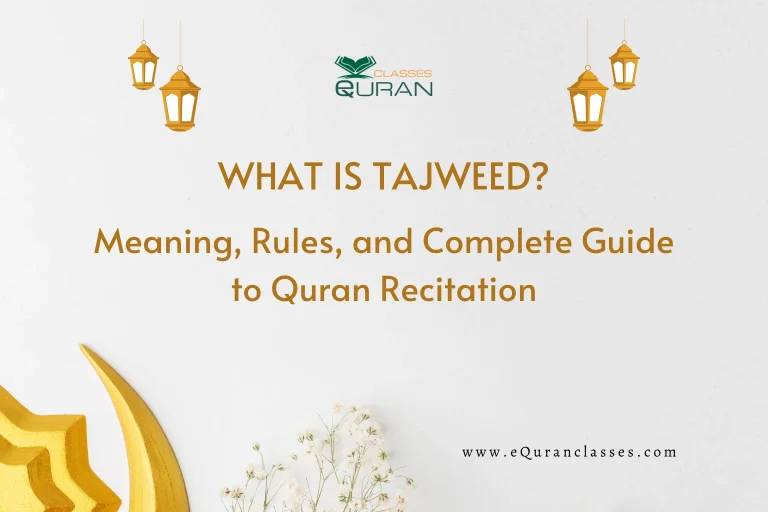What Does Hasbunallahu Wa Ni’mal Wakeel Ni’mal Maula Wa Ni’man Naseer Mean?
Feeling lost in life’s challenges? Hasbunallahu wa ni’mal wakeel ni’mal maula wa ni’man naseer brings peace. Prophet Ibrahim (AS) recited it in a blazing fire. Allah made it cool (Sahih al-Bukhari, Book 60, Hadith 86). This Quran dua—from Surah Al-Imran (3:173) and Surah Anfal (8:40)—builds faith. It means Allah is enough, the best protector and helper. Our guide shares its hasbunallahu wa ni mal wakeel meaning and 20 benefits. Learn to recite it for marriage or stress (hasbunallahu wa ni mal wakeel for marriage).
This powerful dua carries deep meaning. It’s from the Quran, guiding Muslims to trust Allah. Here’s the breakdown:
- Arabic Text: حَسْبُنَا اللَّهُ وَنِعْمَ الْوَكِيلُ نِعْمَ الْمَوْلَىٰ وَنِعْمَ النَّصِيرُ
- Transliteration: Hasbunallahu wa ni’mal wakeel ni’mal maula wa ni’man naseer
- Translation: Allah alone is enough for us. He is the best disposer, protector, and helper.
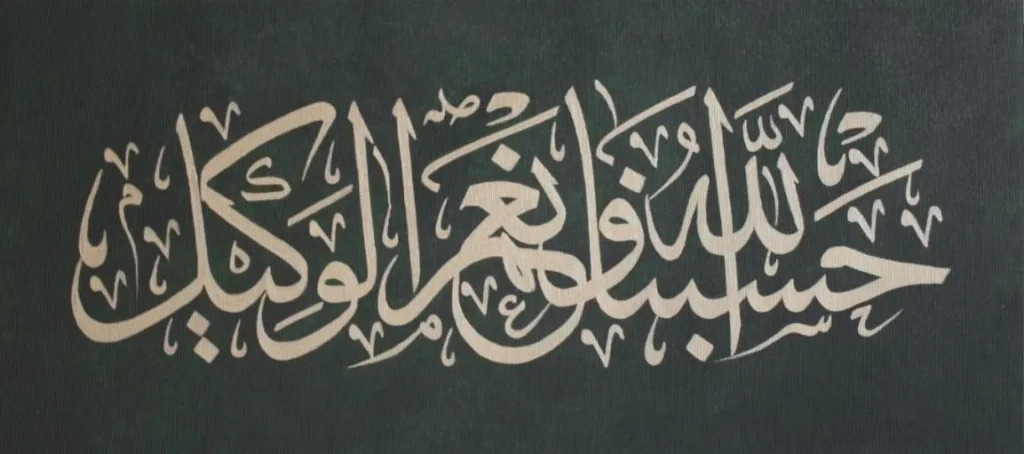
Word-by-Word Breakdown:
- Hasbuna: Enough for us. Allah meets all needs.
- Allah: Our one true God.
- Wa ni’mal wakeel: The best disposer. He handles all affairs perfectly (Tafsir Ibn Kathir, Surah Al-Imran 3:173).
- Ni’mal maula: The best protector. Allah guards us always (Surah Anfal 8:40).
- Ni’man naseer: The best helper. He supports us in every challenge.
| Arabic | Transliteration | English Meaning | Hindi Phonetic | Urdu Phonetic |
|---|---|---|---|---|
| حَسْبُنَا | Hasbuna | Enough for us | Hasbuna | Hasbuna |
| اللَّهُ | Allah | God | Allah | Allah |
| وَنِعْمَ الْوَكِيلُ | Wa ni’mal wakeel | Best disposer | Va ni-mal va-keel | Aur ni-mal wa-keel |
| نِعْمَ الْمَوْلَىٰ | Ni’mal maula | Best protector | Ni-mal maula | Ni-mal maula |
| وَنِعْمَ النَّصِيرُ | Wa ni’man naseer | Best helper | Va ni-man na-seer | Aur ni-man na-seer |
Note: Say this dua with your heart. It reminds you that Allah is enough (Tafsir Ibn Kathir, Surah Al-Imran 3:173).
Divine Names: This dua invokes four names of Allah:
- Allah: The Creator, all-powerful.
- Al-Wakeel: The disposer of affairs. Trust Him to solve problems.
- Al-Maula: The protector. He shields believers from harm.
- Al-Naseer: The helper. He aids in trials (Tafsir Al-Qurtubi, Surah Anfal 8:40).
These names bring spiritual blessings. Reciting them strengthens faith and reliance on Allah.
Multilingual Support:
- Hindi: “Allah humare liye kaafi hai, aur woh sabse behtar niyamta, rakshak, aur madadgaar hai.”
- Urdu: “Allah humare liye kafi hai, aur woh behtareen kaar-saaz, hami, aur madadgaar hai.”
This dua is simple yet profound. It reminds us that Allah is sufficient. eQuran classes tutors help you understand its beauty. Join our free class to learn more!
Quranic and Hadith Context
This dua has roots in the Quran and Hadith. It guides Muslims to trust Allah. Let’s explore its origins.
Quranic References:
- Hasbunallahu wa ni’mal wakeel comes from Surah Al-Imran (3:173). It was revealed during the Battle of Uhud. Believers faced fear but grew stronger in faith (Tafsir Ibn Kathir).
- Ni’mal maula wa ni’man naseer appears in Surah Anfal (8:40). It promises Allah’s protection for believers (Tafsir Al-Qurtubi).
Hadith References:
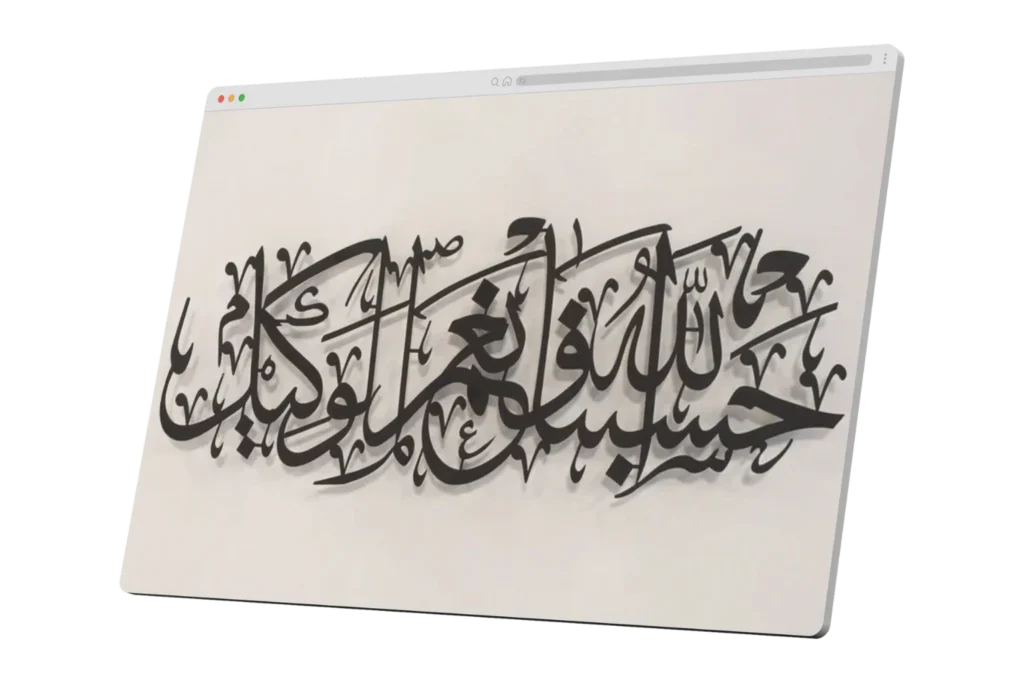
- Prophet Muhammad (SAW) taught Hasbunallahu for distress. It calms hearts in tough times (Jami’ At-Tirmidhi, Hadith 2431; Riyad as-Salihin, Hadith 409).
- Elders combined both parts as one dua. Scholars like Al-Qurtubi confirm this practice.
Prophetic Usage:
- Prophet Ibrahim (AS) recited Hasbunallahu in a fire. Allah made it cool (Sahih al-Bukhari, Book 60, Hadith 86).
- Prophet Muhammad (SAW) used it at Uhud. It brought divine help against enemies.
Historical Significance:
This dua boosted tawakkul for early Muslims. They trusted Allah despite danger. Today, it helps us face life’s challenges. Our academy’s Qaris share these stories in Urdu and Hindi classes. Join us to learn this dua’s power!
Historical Stories of the Dua
This dua carries powerful stories. Prophets and believers used it to find strength. Let’s dive into their moments.
Prophet Ibrahim (AS):
King Nimrud threw Ibrahim (AS) into a blazing fire. He recited Hasbunallahu wa ni’mal wakeel. Allah made the fire cool and safe (Surah Al-Anbiya 21:69; Sahih al-Bukhari, Book 60, Hadith 86). His faith in Allah won.
Prophet Muhammad (SAW):
At the Battle of Uhud, the enemies planned a surprise attack. Muhammad (SAW) said Hasbunallahu wa ni’mal wakeel. Allah sent divine help, saving the Muslims (Tafsir Ibn Kathir, Surah Al-Imran 3:173). Their trust grew stronger.
Companions’ Faith:
During Uhud, companions faced fear. This dua boosted their iman. They trusted Allah’s plan (Tafsir Al-Qurtubi, Surah Al-Imran 3:173). Their tawakkul shone through trials.
Modern Connection:
Today, this dua acts like a lifeline. It helps with stress, money troubles, or marriage issues (hasbunallahu wa ni mal wakeel for marriage). A Lahore student shared, “This dua calmed my heart during a family fight.” Our academy’s Urdu classes bring these stories to life. Join us to feel their power!
20 Benefits of Hasbunallahu Wa Ni’mal Wakeel Ni’mal Maula Wa Ni’man Naseer
This dua changes lives. It brings blessings and peace. Here are 20 powerful benefits for your heart and soul.
Spiritual Benefits:
- Builds tawakkul. You trust Allah fully (Surah Al-Imran 3:173; Tafsir Ibn Kathir).
- Calls on four names: Allah, Al-Wakeel, Al-Maula, Al-Naseer. Their blessings uplift you.
- Grows iman. Companions stood firm at Uhud with this dua (Tafsir Al-Qurtubi).
- Adds barakah. Daily zikr fills life with goodness.
- Follows the prophets. You walk the path of Ibrahim (AS) and Muhammad (SAW).
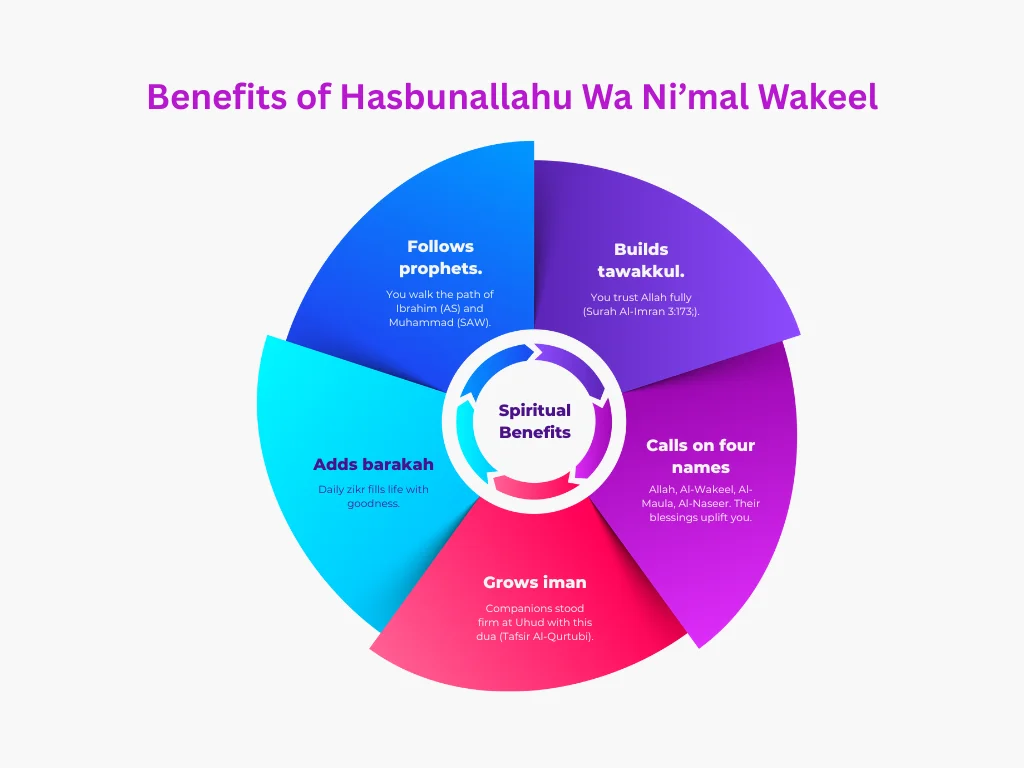
Emotional Benefits:
6. Eases anxiety. Muslims share its calm on X (@IslamVibes, June 2025).
7. Brings peace. It fosters sabr during tough times.
8. Sparks hope. Hadith promises dua’s rewards (Jami’ At-Tirmidhi, Hadith 2431).
9. Relieves stress. Parents and workers find comfort.
10. Strengthens the heart. You face fears with resilience.
Practical Benefits:
11. Solves problems fast. Wazifa works in seven days, elders say.
12. Helps marriage. It brings harmony (hasbunallahu wa ni mal wakeel for marriage).
13. Guards from harm. Allah protects, as in Surah Anfal (8:40).
14. Boosts finances. Trust Allah’s provision for stability.
15. Aids health. A calm heart supports healing.
16. Unites families. Recite together for stronger bonds.
17. Clear choices. You decide with confidence.
18. Stops wrong acts. Taqwa grows through this supplication.
19. Guides new Muslims. It opens doors to hidayah.
20. Keeps you safe. Early believers survived trials with it.
Scholars like Ibn Kathir and Al-Qurtubi praise its power. A UK revert says, “This dua eased my anxiety daily.” Our Hindi and Urdu classes teach its benefits. Join us to feel Allah’s help!
How to Recite the Dua Correctly
Saying this dua right brings peace. It’s easy to learn. Our Qaris guide you step-by-step.
Break it down: Hasbunallahu wa ni’mal wakeel ni’mal maula wa ni’man naseer.
Pronunciation Guide:
- Say “Has-bu-na-llah” slowly. It means Allah is enough.
- Add “wa ni-mal wa-keel” for best disposer.
- Finish with “ni-mal maw-la wa ni-man na-seer” for protector and helper.
Audio Support:
Listen to our certified Qari with Ijazah. It ensures perfect tajweed.
Transliteration for Beginners:
Has-bu-na-llah-u wa ni-mal wa-keel ni-mal maw-la wa ni-man na-seer. Practice daily to master it.
Hindi and Urdu Support:
- Hindi: Has-bu-na-llah-u va ni-mal va-keel ni-mal maula va ni-man na-seer.
- Urdu: Has-bu-na-llah-u aur ni-mal wa-keel ni-mal maula aur ni-man na-seer.
Best Times to Recite:
- After every Salah. It strengthens faith (Tafsir Ibn Kathir, Surah Al-Imran 3:173).
- During tahajjud. It’s powerful at night.
- In distress. It calms believers facing trials.
Our live tajweed classes make learning fun. A UK student says, “I nailed the dua in one week!” Join our free class to recite with confidence!
Wazifa for Hasbunallahu Wa Ni’mal Wakeel Ni’mal Maula Wa Ni’man Naseer
This wazifa unlocks blessings. It solves problems fast. Use it for marriage, health, or money worries.
Purpose:
This dua resolves issues in seven days. It helps with marriage troubles, finances, or health. Elders taught this practice (Tafsir Al-Qurtubi, Surah Anfal 8:40).
Step-by-Step Guide:
- Make wudu. Stay clean and focused.
- Pray two rakat nafl. Seek Allah’s help.
- Recite Durood-e-Ibrahim 11 times. It honors Prophet Muhammad (SAW).
- Say Hasbunallahu wa ni’mal wakeel ni’mal maula wa ni’man naseer 450 times. Focus on each word.
- End with Durood-e-Ibrahim 11 times. Add a personal supplication.
- Repeat daily for seven days. Fajr or tahajjud works best.
Tips for Success:
- Keep halal intentions. Ask for Allah’s guidance.
- Avoid distractions. Find a quiet spot.
- Trust Allah’s plan. Tawakkul brings results.
Our Urdu-speaking tutors guide Pakistani Muslims in the UK and the US. A student from Delhi shared, “This wazifa fixed my marriage issues in a week!” Join our Hindi and Urdu classes to learn this dua!
Practical Ways to Incorporate the Dua in Daily Life
Make this dua your daily strength. It fits into any routine. Here’s how Muslims use it every day.
For Stress Relief:
Feeling anxious? Recite Hasbunallahu wa ni’mal wakeel ni’mal maula wa ni’man naseer 313 times. It calms your heart. A UK professional says, “It eased my work stress!”
For Marriage:
Struggling with marriage? Say the dua 450 times daily for seven days. It brings harmony or helps find a spouse. A Bristol sister found peace this way.
For Professionals:
Got a big meeting? Recite the dua before decisions. It boosts tawakkul and confidence. Try it before tough calls.
For Parents:
Teach kids this dua. They make learning fun and easy.
For New Muslims:
New to Islam? Pair this dua with simple tawakkul lessons. We offer classes in English and Hindi.
Cultural Context:
In India, Muslims recite this dua during Ramadan. Families say it together at iftar. It strengthens faith and bonds.
Interactive Tool:
Track your zikr with our mobile app [insert app link]. Get daily reminders to recite this supplication.
Our Urdu-speaking Qaris guide you in live classes. Join us to weave this dua into your life!
Teaching the Dua to Children
Kids love learning this dua. It’s fun and builds faith. Parents, here’s how to teach it!
Kid-Friendly Methods:
Tell the Prophet Ibrahim’s story. He said Hasbunallahu in a fire. Allah kept him safe (Surah Al-Anbiya 21:69). Kids stay hooked!
Parental Tips:
Practice at bedtime. Say the dua together. It bonds families and builds habits. A Toronto mom says, “My son learned it with our flashcards!”
Our Quran classes make it easy to teach ‘Hasbunallahu’ to kids. Join us to spark your child’s love for this supplication!
Frequently Asked Questions
Got questions about this dua? We’ve got clear answers. Learn with Quran and Hadith wisdom.
Q1: What is the meaning of Hasbunallahu wa ni’mal wakeel ni’mal maula wa ni’man naseer?
Allah is enough for us. He’s the best disposer, protector, and helper (Tafsir Ibn Kathir, Surah Al-Imran 3:173).
Q2: Where does this dua appear in the Quran?
Hasbunallahu is in Surah Al-Imran (3:173). Ni’mal maula is in Surah Anfal (8:40).
Q3: What’s the difference between Hasbunallahu and Hasbi Allah?
Hasbunallahu means “Allah is enough for us” (plural). Hasbi Allah means “Allah is enough for me” (singular).
Q4: How do I pronounce it correctly?
Listen to our Qari’s audio [insert audio link]. Practice Has-bu-na-llah-u wa ni-mal wa-keel.
Q5: Can I recite it for marriage issues?
Yes! Say it 450 times daily for seven days. It helps (hasbunallahu wa ni mal wakeel for marriage).
Q6: What are the benefits of the seven-day wazifa?
It helps solve problems like marriage or financial troubles. Elders promise results (Tafsir Al-Qurtubi).
Q7: How can I teach this dua to my kids?
Use our sing-along video and flashcards (dua for children). Tell Ibrahim’s story.
Q8: Is it permissible to recite for someone else’s protection?
Yes. Make dua for others with halal intentions. Allah accepts it.
Q9: Why include Ni’mal Maula Wa Ni’man Naseer?
It adds Allah’s names for extra blessings. Elders combined them (Tafsir Al-Qurtubi, Surah Anfal 8:40).
Q10: What Hadith supports this dua’s benefits?
Prophet Muhammad (SAW) taught it for distress (Jami’ At-Tirmidhi, Hadith 2431).
Our Quran tutors answer more in live classes. Join us to grow your faith!
Conclusion: Embrace Allah’s Sufficiency with This Dua
This dua is your anchor. Hasbunallahu wa ni’mal wakeel ni’mal maula wa ni’man naseer brings peace. It solves problems. It deepens faith (hasbunallahu wa ni mal wakeel benefits). Like Prophet Ibrahim (AS) in the fire, trust Allah fully (Surah Al-Anbiya 21:69). Say it with heart. Feel Allah’s help. A UK student shared, “This supplication gave me hope during exams.” Make it your daily shield. Our Quran Teachers teach its beauty in Urdu and Hindi. Enroll in our course today. Let this dua guide your believers’ hearts!
